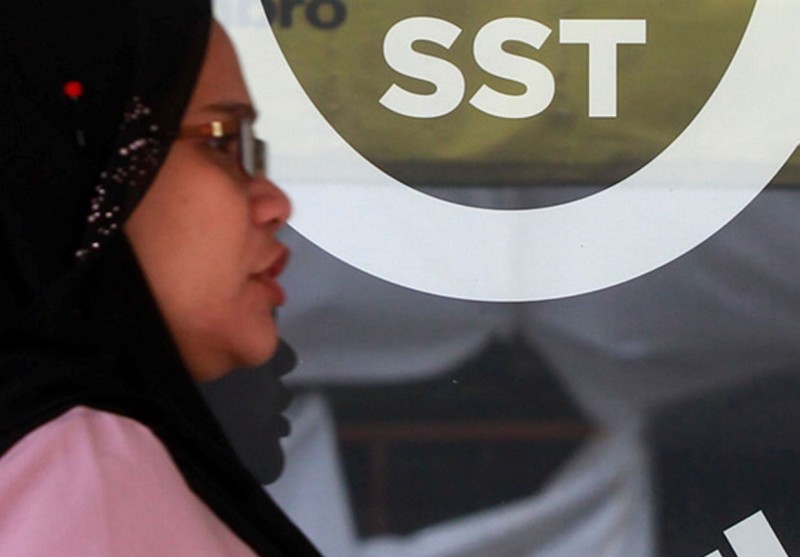
Kota Kinabalu: Both government and opposition parties as well as the business sector oppose the Federal Government’s plan to expand the Sales and Service Tax (SST) due to its potential impact on cost of living in Sabah.
Parti Solidariti Tanahairku (Star) deputy president Datuk Kenny Chua said it would add financial pressure on Sabahans, many of whom are already facing economic challenges.
He also urged called for more clarity on how the additional revenue would be used.
“The federal government should explain the reasons behind this decision, and more importantly, how the funds collected from the expanded SST will be used to support the people,” he said, in a statement.
Chua said Sabah is expected to hold state elections later this year and the timing may raise concerns among the public.
“To ensure the policy is well-received and understood, the government should consider engaging with the state government and other stakeholders before moving forward,” he added.
Hence, he said, the Government should temporarily defer the move and open up discussions with relevant parties.
The reviewed and expanded Sales and Service Tax (SST) rates, as announced in Budget 2025, will come into effect on July 1, 2025.
Warisan Kota Kinabalu Division Information Chief Samuel Wong, said it supports Malaysian Retailers Association’s (MRA) urgent call to withdraw or at least postpone the planned 8 per cent service tax on commercial rental and leasing services.
He warned such move would severely impact businesses and consumers in Sabah as commercial rental is one of the largest fixed costs for local retailers.
Especially in urban centres like Kota Kinabalu, Sandakan and Tawau where many are still struggling to recover from post-pandemic, weak consumer spending and rising import-related costs.
“We already face one of the highest costs of living in the country, this new tax will be devastating.
“Retailers in Sabah simply cannot absorb more. When rental costs increase what do you think will happen? Businesses will have no choice but increase prices,” he said.
Samuel noted that a bowl of basic noodle soup in Kota Kinabalu already costs RM13 to RM15.
“With this tax, prices could go even higher. What about supermarkets? When they are forced to pay more for rental, the prices of everyday groceries, household items and other essentials will also go up.”
He said the tax would not only affect shops and restaurants but also factories, small industrial units and warehouses.
“Many are already struggling especially after the minimum wage increase. Adding this 8 per cent rental tax will make things harder and stop them hiring or growing their businesses,” he said.
Samuel said Sabah’s economic situation is different from Peninsular Malaysia, as Retail and F&B operators in the State not only deal with higher logistics costs due to geographical distance, but also suffer from a lack of local food production.
“Sabahans with low wages and limited disposable income simply cannot cope with another cost increase. This is economic pressure at its worst,” he said.
He said commercial rental prices in Sabah can sometimes be higher than in parts of Peninsular Malaysia due to limited supply and developer monopolies.
“SMEs form the backbone of Sabah’s retail and food economy, but when they are forced to pass rising costs to consumers, spending will decline, profit margins will shrink, and this could lead to a chain reaction of higher prices, weaker consumer demand, reduced sales and widespread business closures.
“This will eventually weaken the retail sector and increase unemployment.
“We will see a Sabah where everything is expensive, but the people are too poor to buy anything. The rich will continue to get richer while the poor get poorer,” he said.
“Sabah cannot be lumped together with blanket policies designed for the Peninsular Malaysia. Our economic structure, cost base, and consumer demographics are different, and they must be acknowledged,” he said.
Source: https://www.dailyexpress.com.my/news/260693/calls-to-defer-sst-expansion-in-sabah/

